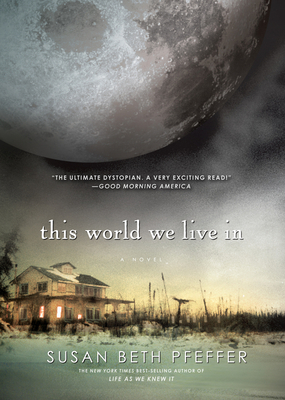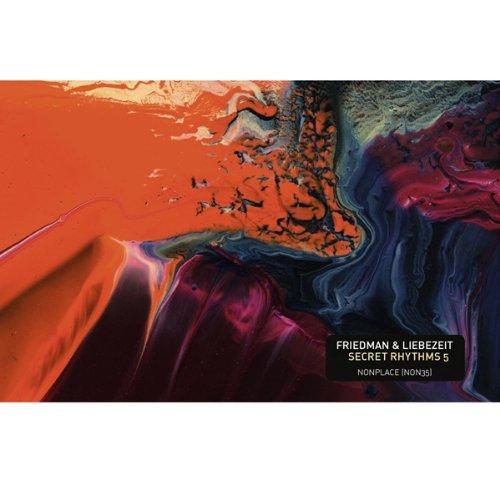
description
7The 27th century: beleaguered elites decide to melt the Greenland icecap. Why? - to open up a new continent, for colonisation by the unruly masses. How? - by harvesting the primordial heat of the Earth from Iceland's volcanoes. Nature fights back, and it all goes horribly wrong...
In the early 1920s confirmed city-dweller Alfred Doblin - he was 15 before he saw his first cherry tree - became puzzled by a nagging sense of Nature:
"I experienced Nature as a secret. Physics as the surface, begging for explanations. Textbooks... knew nothing of the secret. Every day I experienced Nature as the World Being, meaning: weight, colour, light, dark, its countless materials, as a cornucopia of processes that quietly mingle and criss-cross."
Readers accustomed to following a story via Plot and Character may at first be disoriented by this epic of the future. Its structure is more symphonic than novelistic, driven by themes and motifs that emerge, fade back, emerge again in new orchestral voicings and new tempi. The prose - supple, rhythmic, harsh, elegiac, tender, unsparing - propels the reader on through scene after vivid scene. Mountains Oceans Giants is a literary counterpart to the painted dreams and nightmares of Hieronymus Bosch, in The Garden of Earthly Delights and The Last Judgement.
Alfred Doblin, born in Szczecin in 1878, initially worked as a medical assistant and opened his own practice in Berlin in 1911. Doblin's first novel appeared in 1915/16. His greatest success was the novel Berlin Alexanderplatz published in 1929. In 1933 Doblin emigrated to France and finally to the USA. After the end of the 2nd World War he moved back to Germany, but then moved in 1953 with his family to Paris. He died on June 26, 1957.
Berlin Alexanderplatz (translated by Michael Hofman) is published by Penguin in the UK and New York Review Books in the USA.
In the early 1920s confirmed city-dweller Alfred Doblin - he was 15 before he saw his first cherry tree - became puzzled by a nagging sense of Nature:
"I experienced Nature as a secret. Physics as the surface, begging for explanations. Textbooks... knew nothing of the secret. Every day I experienced Nature as the World Being, meaning: weight, colour, light, dark, its countless materials, as a cornucopia of processes that quietly mingle and criss-cross."
Readers accustomed to following a story via Plot and Character may at first be disoriented by this epic of the future. Its structure is more symphonic than novelistic, driven by themes and motifs that emerge, fade back, emerge again in new orchestral voicings and new tempi. The prose - supple, rhythmic, harsh, elegiac, tender, unsparing - propels the reader on through scene after vivid scene. Mountains Oceans Giants is a literary counterpart to the painted dreams and nightmares of Hieronymus Bosch, in The Garden of Earthly Delights and The Last Judgement.
Alfred Doblin, born in Szczecin in 1878, initially worked as a medical assistant and opened his own practice in Berlin in 1911. Doblin's first novel appeared in 1915/16. His greatest success was the novel Berlin Alexanderplatz published in 1929. In 1933 Doblin emigrated to France and finally to the USA. After the end of the 2nd World War he moved back to Germany, but then moved in 1953 with his family to Paris. He died on June 26, 1957.
Berlin Alexanderplatz (translated by Michael Hofman) is published by Penguin in the UK and New York Review Books in the USA.
member goods
No member items were found under this heading.
Return Policy
All sales are final
Shipping
No special shipping considerations available.
Shipping fees determined at checkout.







